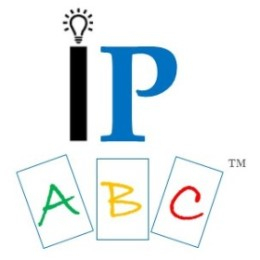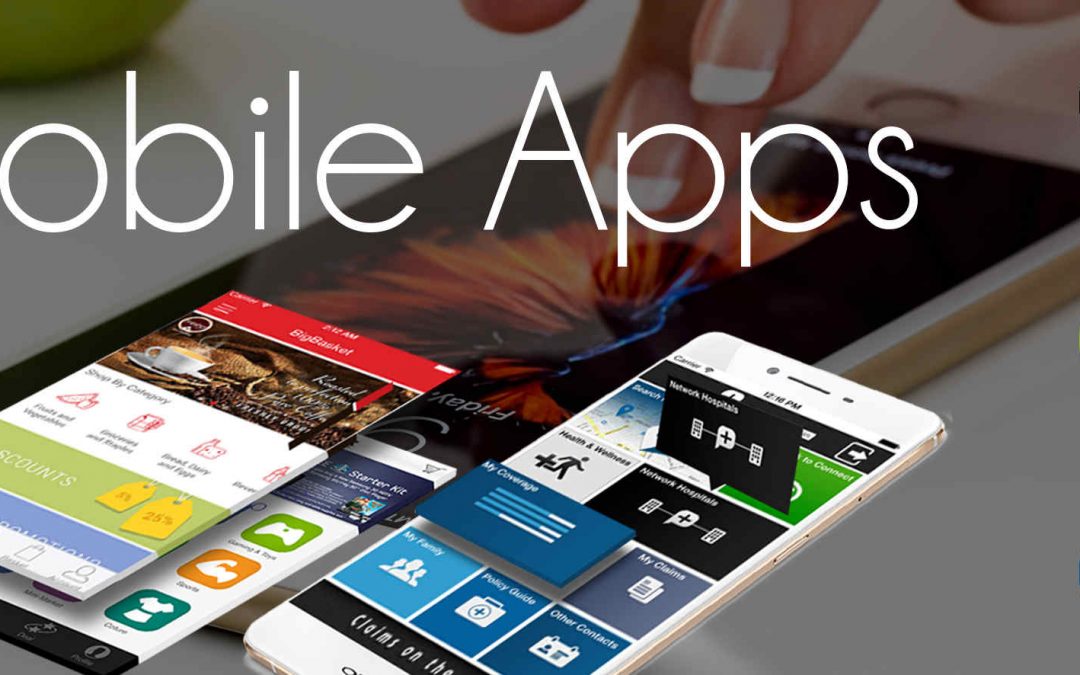
We are TechieHealth, a
mobile-health service provider in Nigeria. Recently, we contracted an app
developer Kome Oruma, to build a mobile-health app for us. We agreed to pay
50% upfront and pay balance after delivery of the app. After 12 weeks, Kome
Oruma completed the app. To our surprise, Kome Oruma requires that before she
delivers the app to us we must sign an agreement which recognizes her
as copyright owner. Since we are paying for the app, we refused this demand. In
fact, we demanded that Kome Oruma should either hand over the app along
with all login protocols or forgo her 50% balance and also prepare to face
legal action. But Kome Oruma has not moved a bit. Is an app developer
entitled to copyright in an app developed for a client?
mobile-health service provider in Nigeria. Recently, we contracted an app
developer Kome Oruma, to build a mobile-health app for us. We agreed to pay
50% upfront and pay balance after delivery of the app. After 12 weeks, Kome
Oruma completed the app. To our surprise, Kome Oruma requires that before she
delivers the app to us we must sign an agreement which recognizes her
as copyright owner. Since we are paying for the app, we refused this demand. In
fact, we demanded that Kome Oruma should either hand over the app along
with all login protocols or forgo her 50% balance and also prepare to face
legal action. But Kome Oruma has not moved a bit. Is an app developer
entitled to copyright in an app developed for a client?
Dear TechieHealth
The answer is YES, an app
developer is entitled to copyright in an app developed for a client. But being
a software program, copyright applies to the source code used in writing the
app only, not the resultant app itself. While Kome Oruma is entitled to copyright
in the source code behind the app, TechieHealth is entitled to ownership
of the resultant app after paying balance for the job. This is where
intellectual property differs from real property. Therefore, Kome Orume is
obliged to deliver the app to TechieHealth after full payment has been made,
But TechieHealth upon receiving the app along with login protocols must not
infringe on Kome Oruma’s copyright in the app by involving in unauthorized
acts, including reproduction, distribution, sale, or other infringing
acts.
developer is entitled to copyright in an app developed for a client. But being
a software program, copyright applies to the source code used in writing the
app only, not the resultant app itself. While Kome Oruma is entitled to copyright
in the source code behind the app, TechieHealth is entitled to ownership
of the resultant app after paying balance for the job. This is where
intellectual property differs from real property. Therefore, Kome Orume is
obliged to deliver the app to TechieHealth after full payment has been made,
But TechieHealth upon receiving the app along with login protocols must not
infringe on Kome Oruma’s copyright in the app by involving in unauthorized
acts, including reproduction, distribution, sale, or other infringing
acts.
Software programs are eligible for copyright protection under the Nigerian
Copyright Act.
Software programs or computer programs are literary works eligible for
protection under the Nigerian Copyright Act. It enjoys the same copyright protection
in most parts of the world. Under section 51 of the Act, “computer
programs” means a set of statements or instructions to be used
directly or indirectly in a computer in order to bring about a certain result’.
The same interpretation section then recognizes computer programs as a literary
work. Section 1(1)(a) of the Act makes literary works eligible for
copyright protection.

First ownership of a copyright work vests initially in the author of the work.
This is by virtue of section 10(1) and (2) of the Nigerian Copyright Act,
unless there is a contract between the parties that stipulates otherwise.
Having expended sufficient effort for 12 weeks in developing the mobile-health
app, Kome Oruma has given the app originality. She has also written the software
program in a fixed medium by saving it in a CD ROM, disk, or other electronic
storage device. These entitle Kome Oruma to copyright ownership.
Consequently, Kome Oruma enjoys exclusive right to control reproduction,
publication, distribution, or adaptation of the app. TechieHealth does not
have any copyright in the work. Your right in the app is limited to the
resultant app only.
To avoid uncertainties that
often result in disputes, always insist on a software development agreement.
Before contracting a software-development job to a software developer,
always request that the developer makes his or her software-development
agreement available to you.
often result in disputes, always insist on a software development agreement.
Before contracting a software-development job to a software developer,
always request that the developer makes his or her software-development
agreement available to you.
This agreement will contain the rights and liabilities of both parties, stating
terms and conditions that apply to the app before and after
delivery. Typically, the software developer will retain copyright to the
source code while the client enjoys ownership of the resultant app. Details
about after-delivery improvements, upgrades, etc will be in the agreement.
With a software-development agreement, both parties are clear about each
other’s rights and liabilities from the outset, thus avoiding or minimizing
disputes between the parties after completion of work.
Apart from preventing disputes
between the parties, a software development agreement also minimizes unforeseen
risks.
between the parties, a software development agreement also minimizes unforeseen
risks.
Third-party liabilities is a
major risk in software development contracts. Third-party liabilities often
arise when for instance a software developer infringes on another person’s
copyright by copying source codes that are subject to copyright in the course
of developing the app for an innocent client. (If the aggrieved third party is
a competitor to the client, the matter becomes even worse. A good software
development agreement takes care of such risks.)
major risk in software development contracts. Third-party liabilities often
arise when for instance a software developer infringes on another person’s
copyright by copying source codes that are subject to copyright in the course
of developing the app for an innocent client. (If the aggrieved third party is
a competitor to the client, the matter becomes even worse. A good software
development agreement takes care of such risks.)
So always insist on a software-development agreement. If the app developer has
none, ensure that one is prepared for the parties. It is especially in the
contracting party’s best interest.
Wrapping Up
Understandably, TechieHealth
desires complete control over the mobile-health software. But
copyright doesn’t work that way. A software developer
statutorily enjoys first authorship. If TechieHealth wants absolute
control over the app, including source code, a written contract between the
parties to this effect is not illegal. Having failed to arrange for this early
on, TechieHealth should negotiate.
desires complete control over the mobile-health software. But
copyright doesn’t work that way. A software developer
statutorily enjoys first authorship. If TechieHealth wants absolute
control over the app, including source code, a written contract between the
parties to this effect is not illegal. Having failed to arrange for this early
on, TechieHealth should negotiate.
Contact an IP lawyer or law firm to help review the app developer’s
written contract and provide legal advice.
Best wishes
IP ABC
Follow-up questions, if any, are welcomed.
Source: www.infusionlawyers.com
